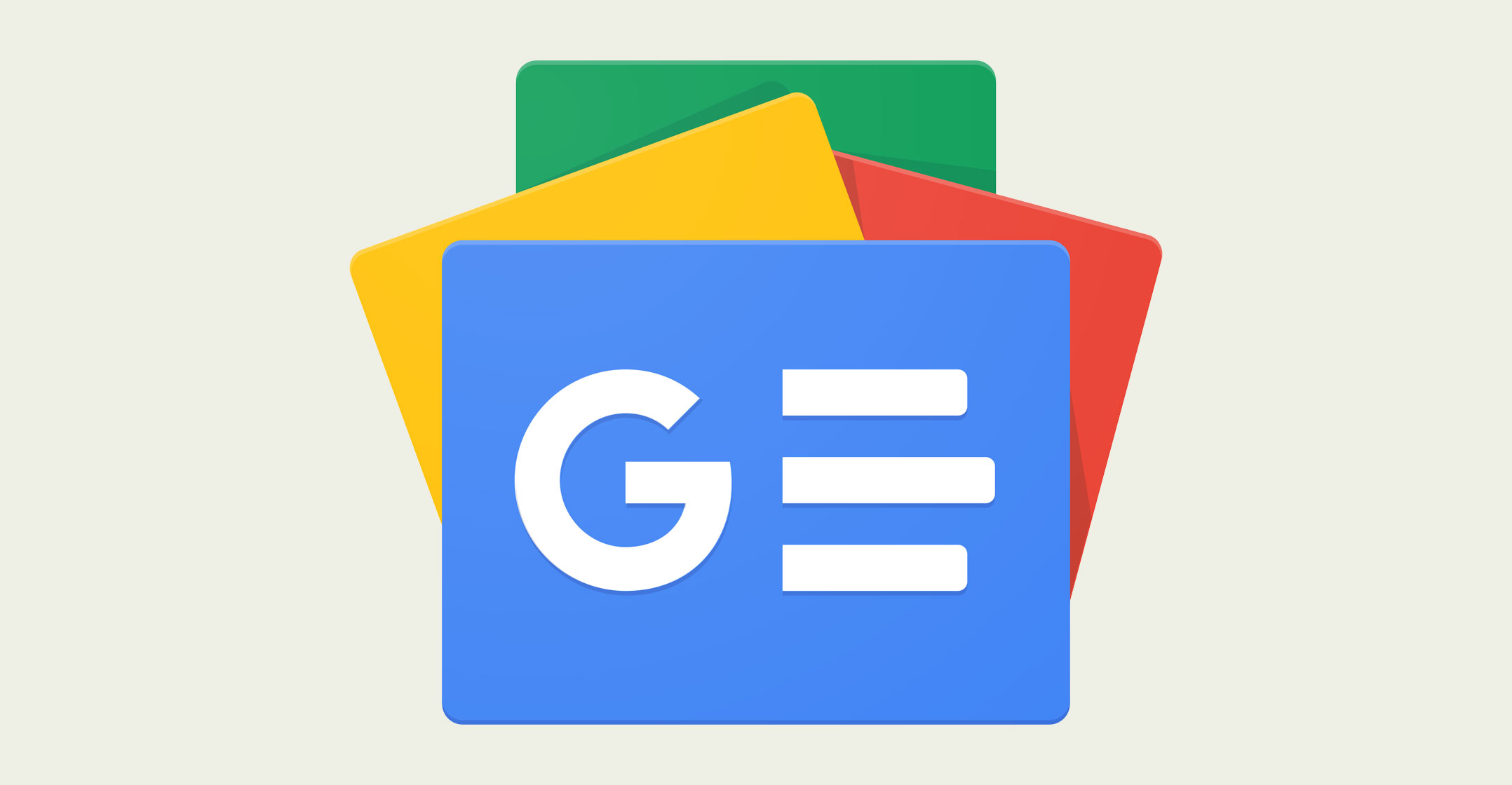 Australia finalised plans on Tuesday to make Facebook and Google pay its media outlets for news content, a world-first move aimed at protecting independent journalism that has been strongly opposed by the Internet giants.
Australia finalised plans on Tuesday to make Facebook and Google pay its media outlets for news content, a world-first move aimed at protecting independent journalism that has been strongly opposed by the Internet giants.
Under laws to go to parliament this week, treasurer Josh Frydenberg said the Big Tech firms must negotiate with local publishers and broadcasters how much they pay for content that appears on their platforms. If they can’t strike a deal, a government-appointed arbitrator will decide for them.
“This is a huge reform, this is a world first, and the world is watching what happens here in Australia,” Frydenberg told reporters in the capital Canberra. “Our legislation will help ensure that the rules of the digital world mirror the rules of the physical world … and ultimately sustain our media landscape.”
The law amounts to the strongest check of the tech giants’ market power globally, and follows three years of inquiry and consultation, ultimately spilling into a public brawl in August when the US companies warned it may it may stop them offering their services in Australia.
A representative for Google declined to comment on Tuesday, saying the company had yet to see the final version of the proposed law. Facebook was not immediately available for comment.
Until recently, most countries have stood by as advertisers redirect spending to the world’s biggest social media website and search engine, starving newsrooms of their main revenue source and bringing widespread shutdowns and job losses.
Regulatory power
But regulators are starting to test their power to rein in the two mega-corporations which take more than four-fifths of Australian online advertising spending between them, according to Frydenberg. This year, a French regulator told Google to negotiate with publishers over payment for news content, and the matter remains before the courts.
“It’s both very ambitious and very necessary,” said Denis Muller, an honorary fellow at University of Melbourne’s Centre for Advancing Journalism, referring to the Australian law.
“Taking their news content without paying for it, in exchange for a very questionable reward of ‘reach’, seems to be a very unfair and uneven and ultimately democratically damaging arrangement.”
 News Corp Australia executive chairman Michael Miller said the law was “a significant step forward in the decade-long campaign to achieve fairness in the relationship between Australian news media companies and the global tech giants”. In May, News Corp stopped printing more than 100 Australian newspapers, citing declining advertising.
News Corp Australia executive chairman Michael Miller said the law was “a significant step forward in the decade-long campaign to achieve fairness in the relationship between Australian news media companies and the global tech giants”. In May, News Corp stopped printing more than 100 Australian newspapers, citing declining advertising.
In changes to draft legislation announced earlier this year that might favour the tech companies, the final version of the law would not affect news content distributed on Facebook’s Instagram subsidiary or Google’s YouTube.
But Frydenberg added to the list of media companies with whom the tech giants must negotiate, saying public broadcaster the Australian Broadcasting Corp and specialist public broadcaster SBS would be included, along with dominant private sector outlets like News Corp and Nine Entertainment. — Reported by Byron Kaye, (c) 2020 Reuters

